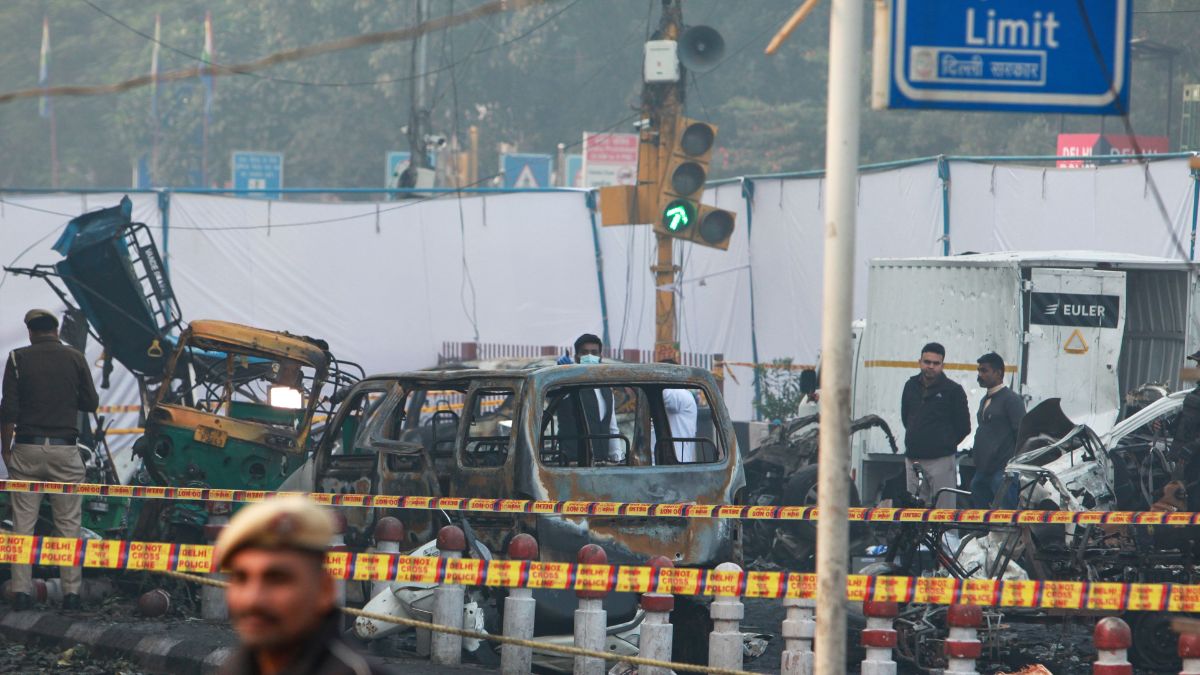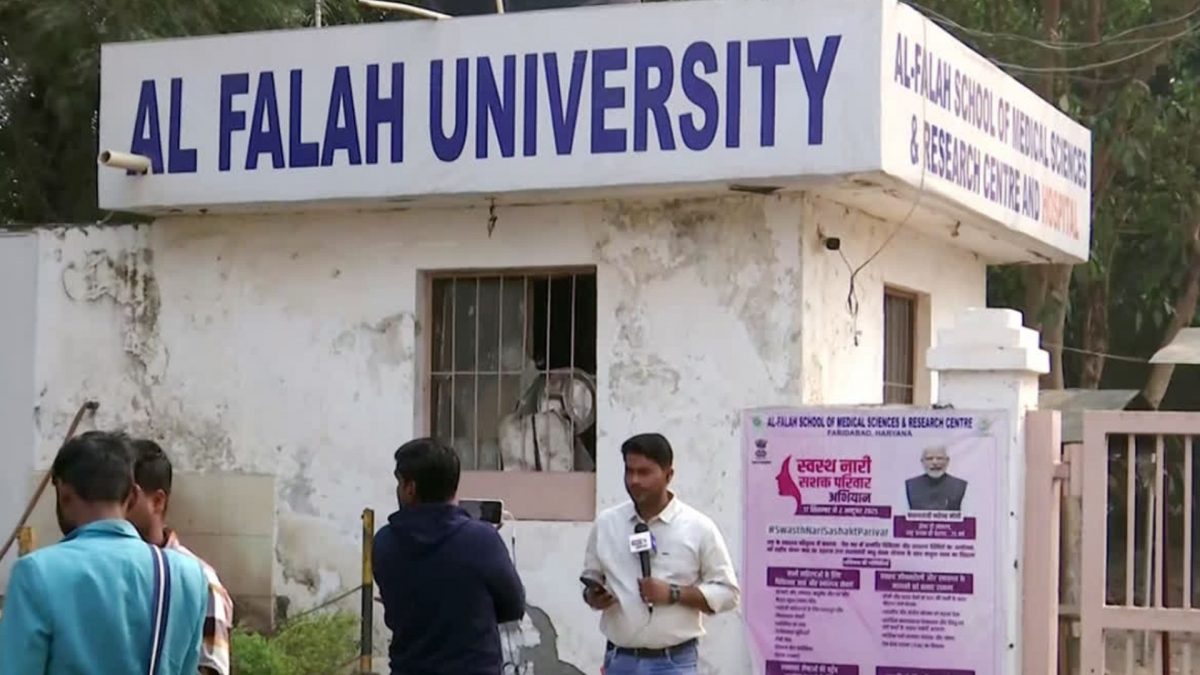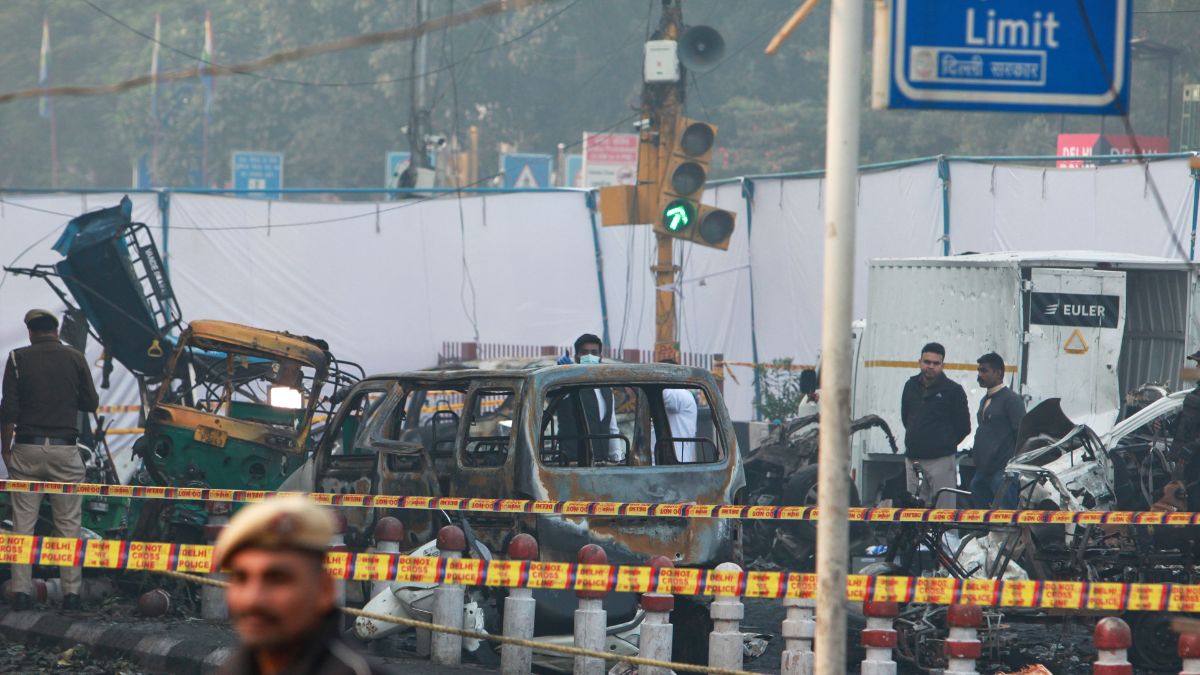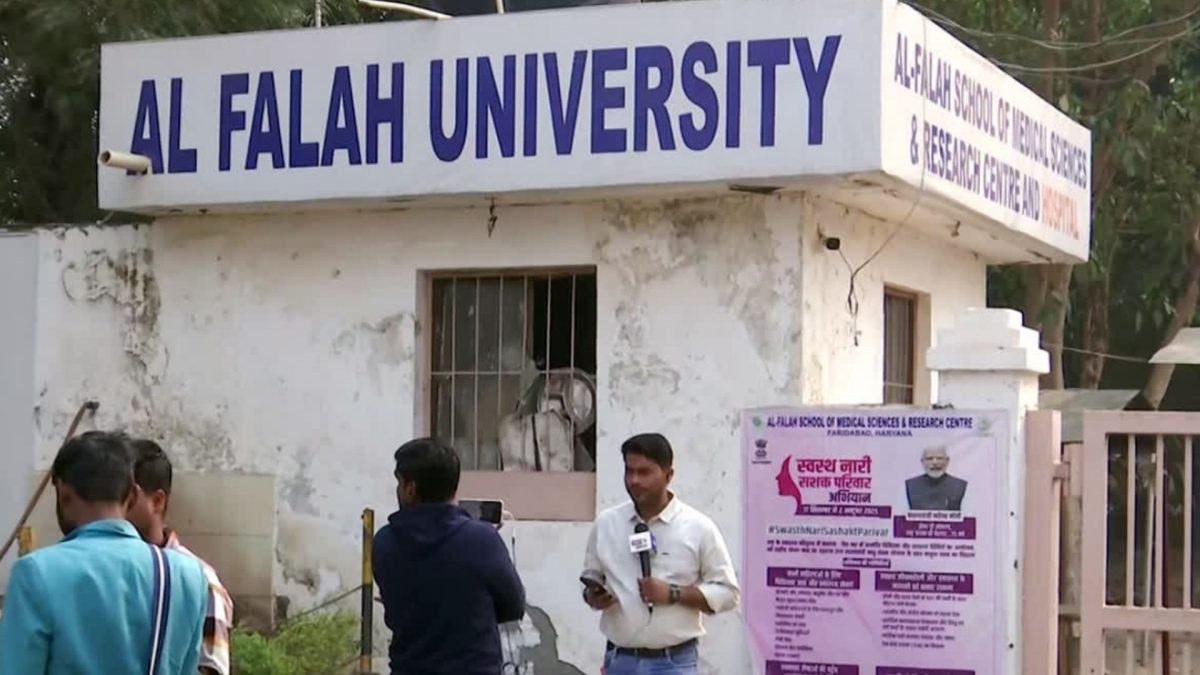In the eyes of many, Pakistan Army Chief Asim Munir is already the most powerful man in the country and the de facto leader.
Now, with Pakistan having passed the 27th Amendment, few would disagree with this notion. On Wednesday, Pakistan’s National Assembly passed a bill granting sweeping powers to Munir. The development comes months after India launched Operation Sindoor. It also comes amid days of unrest and protest in Pakistan. Munir is already Pakistan’s second Field Marshal, after Ayub Khan in 1959.
But what has changed in Pakistan?
Let’s take a closer look.
Munir elevated above all others
Munir has now been elevated to Pakistan’s Chief of Defence Forces – a position that would control the army, navy and air force. The bill amends Article 243 of Pakistan’s Constitution, which states that “the Federal Government shall have control and command of the Armed Forces” and that “the Supreme Command of the Armed Forces shall vest in the President”. However, the amendment, which created the position, puts Munir in charge of Pakistan’s military.
It also changes Article 243, which states that the President shall appoint the Chairman Joint Chiefs of Staff and Chief of the Army Staff in consultation with the Prime Minister. Now, the President shall do so for the Chief of Defence Forces and the Army Chief in consultation with the Prime Minister.
T he amendment also does away with the position of the Chairman Joint Chiefs of Staff, thereby upsetting the balance of power that has existed between the three branches of the military for decades. Perhaps even more importantly, the move solidifies control of Pakistan’s nuclear weapons in the hands of the army, especially Munir. It basically reduces the President’s role as Commander-in-Chief to that of a ceremonial position.
Some in the establishment have defended the move.
Pakistani Defence Minister Khawaja Asif told Geo News “defence requirements have evolved” and that there was “mutual consultation” between the government and the military.
As former Human Rights Minister Shireen Mazari told Dawn, “Effectively, all nuclear weapons and delivery systems will be under the army’s control, including second-strike missiles which normally fall under naval command. This could lead to command-and-control problems and time delays, especially in a warlike situation.”
“This amendment appears tailored to benefit a specific individual rather than to strengthen the defence structure,” Lt Gen Asif Yasin Malik, a former Defence Secretary, told Pakistani newspaper Dawn.
Munir retains Field Marshal rank for life, gets immunity
The 27th Amendment also grants Munir the rank of Field Marshal for life. While this was a great honour for Munir, the act also cloaks the Army Chief and other five-star generals such as Marshal of the Air Force, or Admiral of the Fleet, in legal immunity for acts that they carry out.
Until now, Pakistan could at least attempt to hold its generals legally responsible for the manoeuvres that they carried out while in army uniform. General Pervez Musharraf, who launched a coup to oust Nawaz Sharif in 1999, was impeached and exiled in 2008. The amendment allows Munir and other five-star generals to “retain rank, privileges and remain in uniform for life”. The only remedy to removing their privileges would be by impeaching them.
“Throughout his lifetime, no legal case can be filed against him (Munir); you cannot lodge any complaint. Meaning, Asim Munir can do whatever he wants during his life, even if he kills someone, commits rape, engages in oppression, or commits any other crime, the laws of Pakistan will never be able to take action against him, as he has been granted lifetime immunity,” Pakistani journalist Imran Riaz Khan was quoted as saying by Tolo News.
Law Minister Azam Tarar said on Saturday the rank would be given constitutional protection “because he is the hero of the whole nation”. Munir was promoted from General to Field Marshal in the aftermath of India launching Operation Sindoor in May.
Critics have taken aim at the move.
Makhdoom Ali Khan, a Pakistani lawyer, wrote in Dawn that the amendment had created “a parallel authority insulated from the very rule of law it is sworn to defend”.
Neuters Supreme Court
The amendment also neuters Pakistan’s Supreme Court, which had at least somewhat served as a check on politicians and the armed forces over the years. The amendment also takes away the right of the Supreme Court to hear matters related to the Constitution and the fundamental rights of Pakistanis. It does this by setting up a Federal Constitutional Court (FCC), which would also mediate between provinces and advise the President.
The Supreme Court would now hear only civil and criminal cases, a major downgrade in the eyes of many. It would also lose the ability to initiate suo motu actions. Critics have claimed that this is an attack on the independence of the judiciary. PTI Secretary General Salman Akram Raja said the government was “decimating the judiciary” by introducing a parallel system. Ali Zafar, a Senator, warned it would “destroy the independence of the judiciary” and lead to “friction between the federation and provinces”.
The Pakistani government, however, says that this is being done to clear the judicial backlog and improve efficiency – claims that have few takers, if any.
PTI’s international spokesman Zulfi Bukhari said “the amendment serves as a tool for the ruling coalition to bulldoze institutional checks and balances, silence the opposition, restrict fundamental rights, and concentrate power in its own hands.”
The big takeaway
This is one of the most radical actions ever taken by a Pakistani government to restructure the power structure of society. Though Pakistan has had its share of coups over the years, this one feels different. Perhaps this is because it is being done with the connivance of the Shehbaz Sharif government.
Regardless, Munir has arguably consolidated more power than any figure since Ayub Khan and Zia-ul-Haq. For Trump’s ‘favourite Field Marshal’, only good times seem in the offing. Much less so for Pakistan, which has been ruled by the military for decades since its independence.
With inputs from agencies


)

)
)
)
)
)
)
)
)



